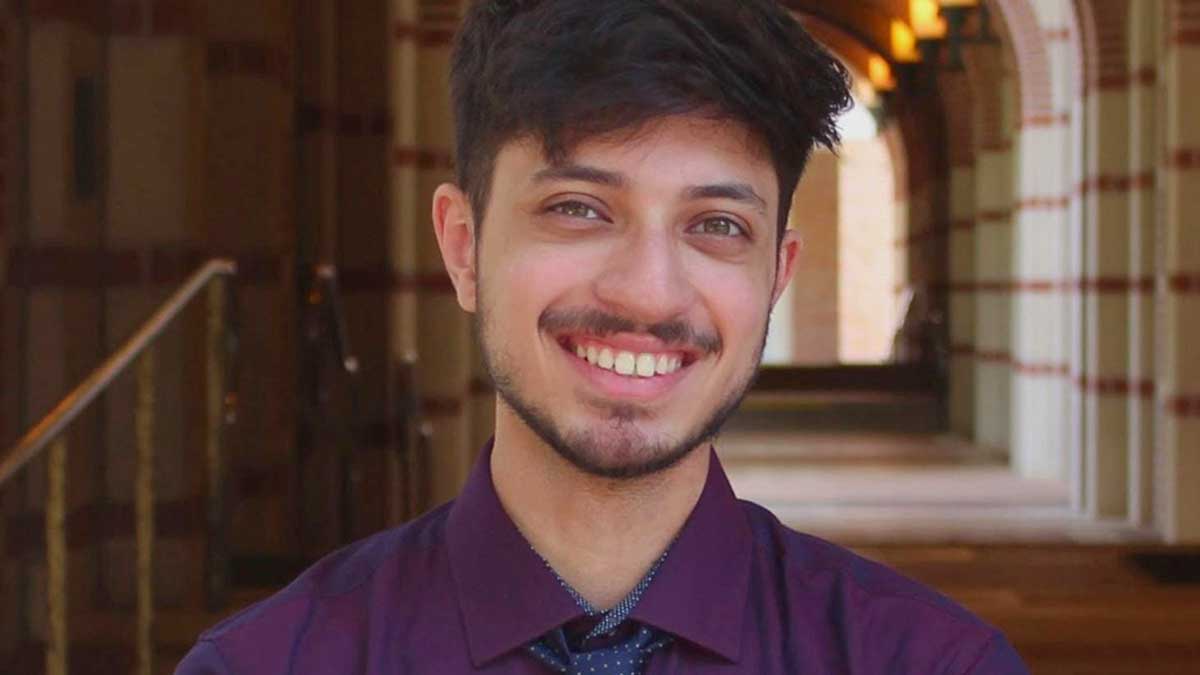Sathvik Ajay Iyengar has returned from Melbourne, Australia, site of the Quad Fellowship Summit, an event he describes as “life-changing.”
“The benefits of the fellowship go far beyond the funding support. I think of all the rich connections we have made,” said Iyengar, a fourth-year doctoral student in materials science and nanoengineering (MSNE) at Rice University.
Iyengar was among the inaugural recipients of the Quad Fellowship, a multinational scholarship program jointly administered by the governments of the United States, Australia, India and Japan. The summit was held June 5-11 and its theme was “Driving Interdisciplinary Solutions in a Fragmented World.”
Each Quad Fellow receives a one-time award of $50,000. As part of the program, the students will visit each of the Quad countries for networking, internship and employment opportunities.
Summit events included STEM and policy panel discussions chaired by science advisers to the Quad leaders, foreign affairs ministers, ambassadors and several Nobel Laureates. Topics covered included critical and emerging technologies, climate resilience, global health and pandemic preparedness, sustainable infrastructure and cybersecurity.
Iyengar is a member of the research group of Pulickel Ajayan, the Benjamin M. and Mary Greenwood Anderson Professor of Engineering and department chair of MSNE. His research interests include 2D materials, the physics and chemistry of their atom-thick arrangements and potential applications in new device architectures.
The class of 2023 is composed of 100 Quad Fellows from 69 institutions in the four participating countries, including Utana Umezaki, a fifth-year doctoral student in chemistry at Rice.
Schmidt Futures, a philanthropic organization based in New York City, operates the program with a nongovernmental task force of academic, foreign policy and private sector leaders from each Quad country. To be eligible, a student must be at least 18 years old, a citizen or legal permanent resident of one of the Quad countries, hold a bachelor’s degree or its equivalent in a STEM field and have demonstrated “superior academic achievement.”

